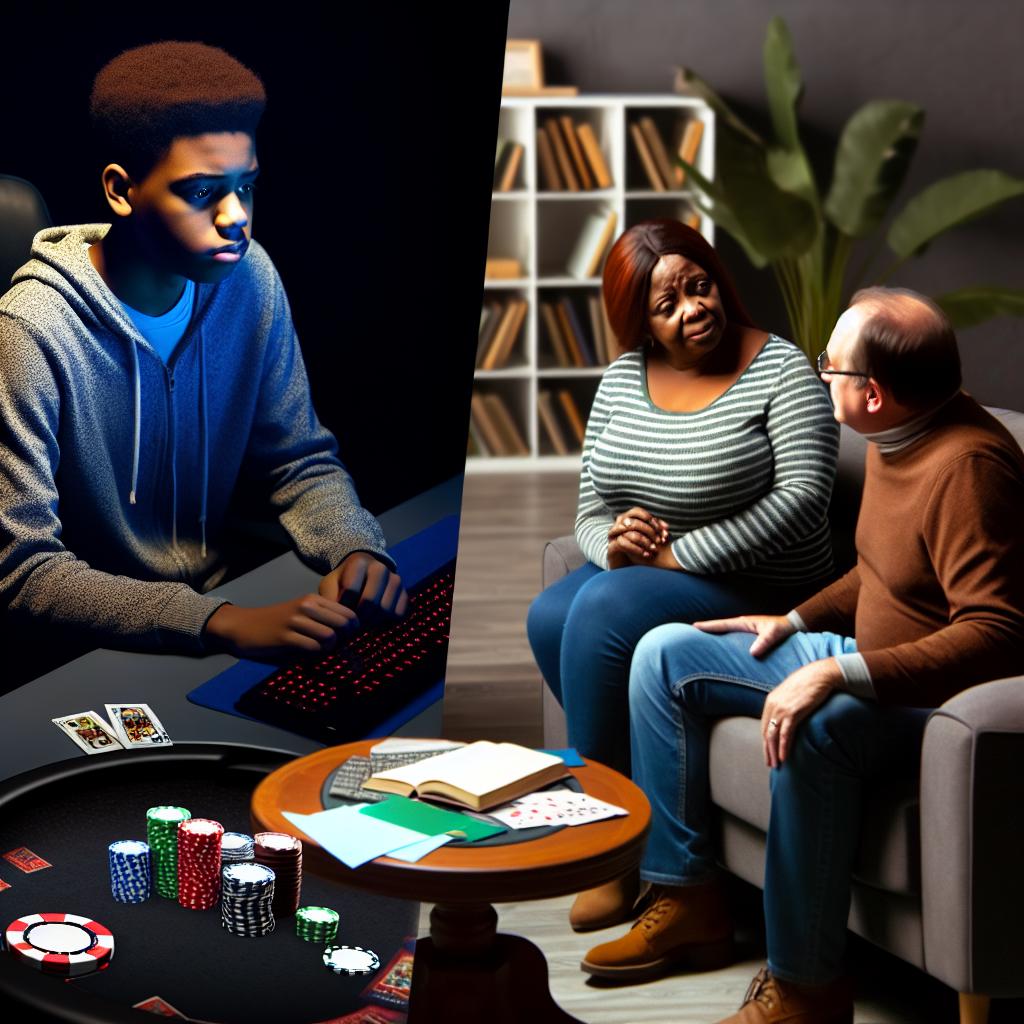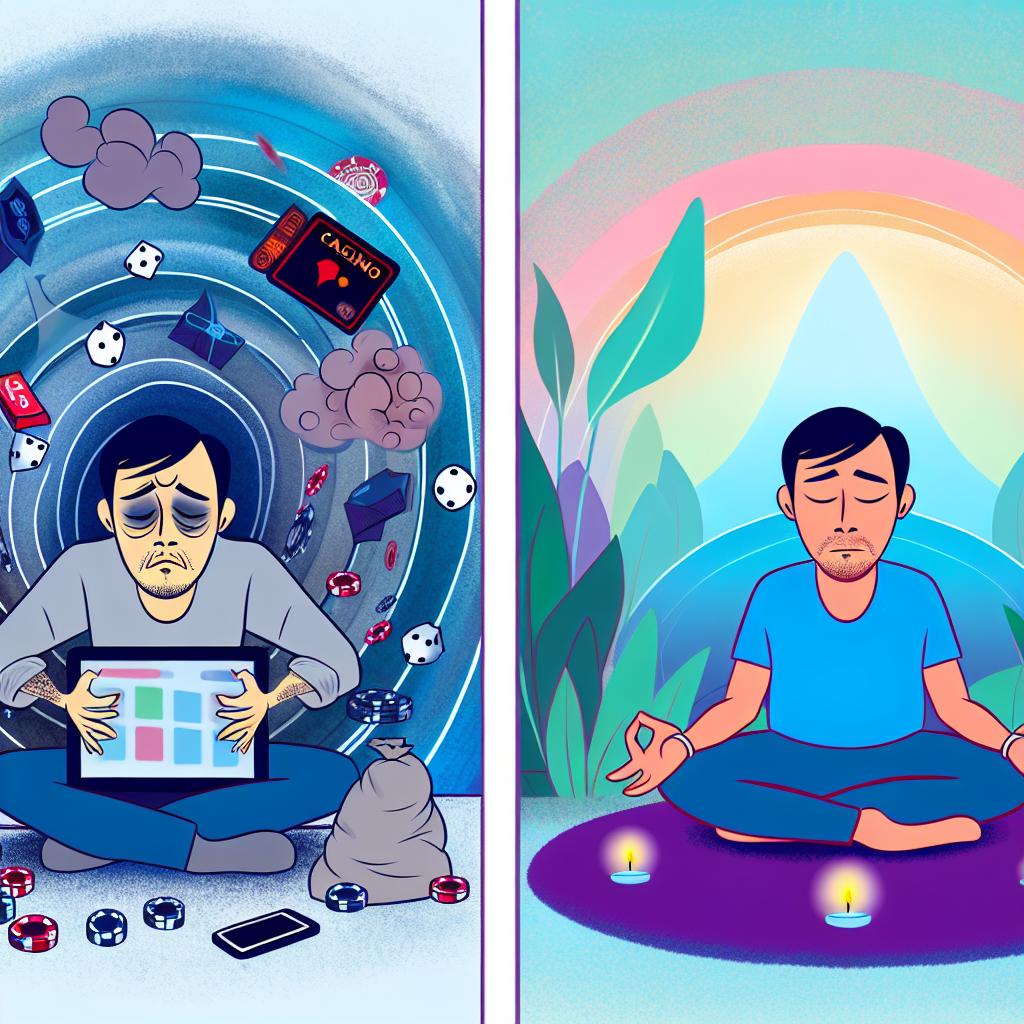Understanding Gaming Issues in Children
In recent years, the rapid growth of digital technology has transformed video games into a ubiquitous form of entertainment, particularly for children. With both positive and negative aspects, video games have become a significant part of children’s lives. These games are not just sources of fun; many are designed to be educational and can enhance motor skills and strategic thinking. However, parents and guardians must be aware that excessive gaming can sometimes lead to problems like addiction, social withdrawal, and challenges in academic performance. This makes it essential for parents to gain a deep understanding of potential gaming issues to address them effectively.
Identifying the Signs of Gaming Issues
One crucial step in managing gaming issues is recognizing the symptoms that may indicate a problem. Poorly managed gaming behaviors can often manifest in various ways. Parents should watch for persistent signs such as a child being constantly preoccupied with gaming, frequently lying about the time spent gaming, and neglecting personal hygiene and daily responsibilities. A noticeable lack of interest in other activities that were once enjoyable may also be a red flag. Furthermore, if gaming time is cut, children may display irritability or frustration, suggesting an unhealthy attachment to gaming.
Creating a Balanced Gaming Schedule
To curb potential issues from gaming, it is helpful to strike a balance by establishing a clear and structured gaming schedule. Parents should work collaboratively with their children to set reasonable time limits for gaming. This not only helps children realize the importance of balancing various activities but also fosters self-discipline. Children should be encouraged to allocate time for diverse engagements such as homework, physical exercise, and family interactions. By establishing a routine that incorporates responsibilities and leisure, parents can support their children in developing a structured lifestyle.
Encouraging Open Communication
Creating an open dialogue with children regarding their gaming experiences is an effective way to address potential issues. Parents should take the time to discuss with their children what they enjoy about gaming, and any concerns or challenges they might encounter. This exchange not only helps parents comprehend the gaming culture but also provides a platform to identify any underlying issues. Open communication fosters a relationship of trust, allowing parents to guide their children’s gaming habits while respecting their interests.
Promoting Alternative Interests and Hobbies
Another way to prevent excessive gaming is to introduce children to diverse activities and interests. Parents can encourage their children to explore sports, music, art, or reading, which not only offer leisure but also enhance different skill sets. Engagement in these areas can help divert attention from gaming and foster a well-rounded development. By presenting these activities in a fun and engaging manner rather than as obligations, parents can help their children naturally reduce their reliance on video games.
Setting Parental Controls and Monitoring Usage
Many gaming devices and platforms include parental control options, which can be valuable tools for managing gaming activity. These features allow parents to monitor and limit their child’s gaming time, restrict access to inappropriate content, and tailor gaming environments to be more suitable for children. However, it is essential for parents to balance monitoring with trust. The goal should be to educate children about responsible gaming practices rather than imposing stringent restrictions. This approach encourages children to develop self-regulation and an understanding of healthy gaming habits.
Seeking Professional Help When Necessary
If gaming issues escalate and become unmanageable, seeking professional assistance may be advantageous. Therapists and counselors specializing in addiction and child psychology can offer tailored strategies and interventions. They can work with children to develop cognitive-behavioral techniques and family counseling sessions that address deeper psychological issues at play. Such interventions aim to foster healthier relationships between children and gaming, guiding them toward a balanced and enriched lifestyle.
Using Educational Resources
Parents have access to a wealth of educational materials that can aid them in understanding and addressing gaming-related issues. Reputable entities often provide articles, guides, and workshops that offer insights into the dynamics of video games and their impact on children. By visiting Common Sense Media and other similar platforms, parents can acquire substantial knowledge, enabling them to make informed decisions about their children’s gaming habits. Access to these resources empowers parents with information about the potential benefits and drawbacks of video games.
In conclusion, through understanding, active communication, and using available resources, parents can navigate the challenges that stem from gaming and ensure its positive aspects are maximized for their children. Addressing gaming issues thoughtfully and constructively ensures that video games remain a positive and enriching part of children’s lives, contributing to their growth and development rather than hindering it. It is crucial for parents and caregivers to engage proactively and continuously with their children’s digital activities, supporting a balanced approach that prioritizes both education and enjoyment.










